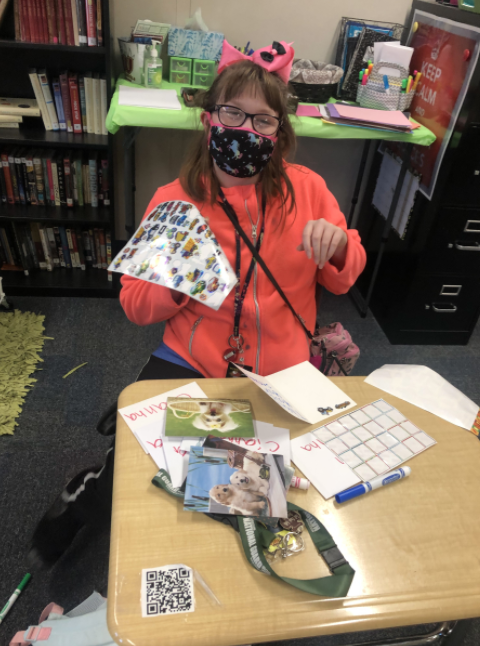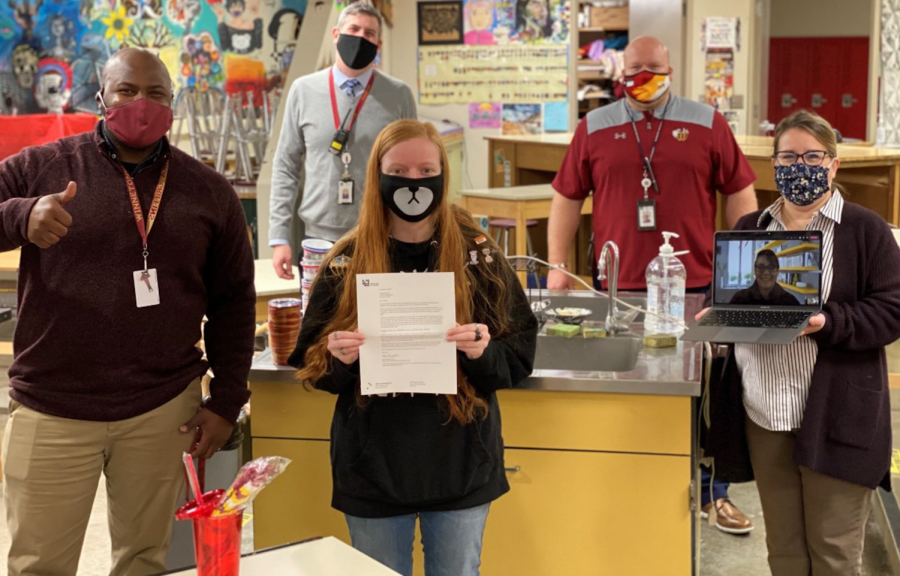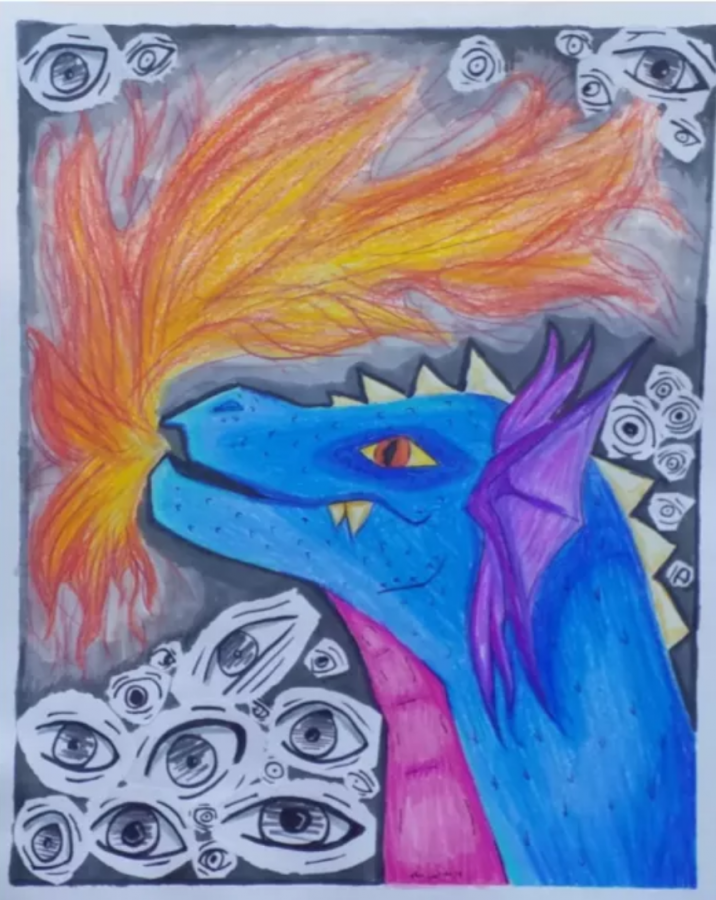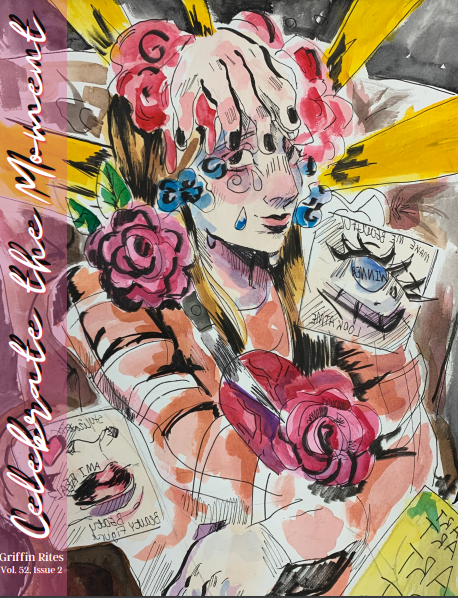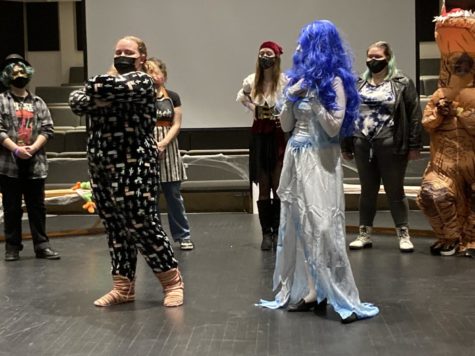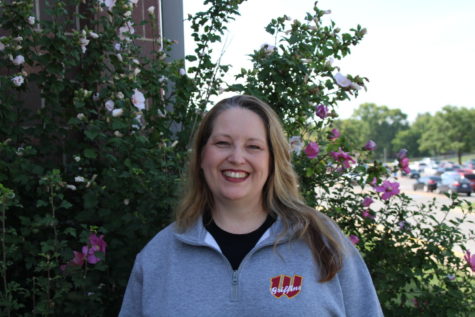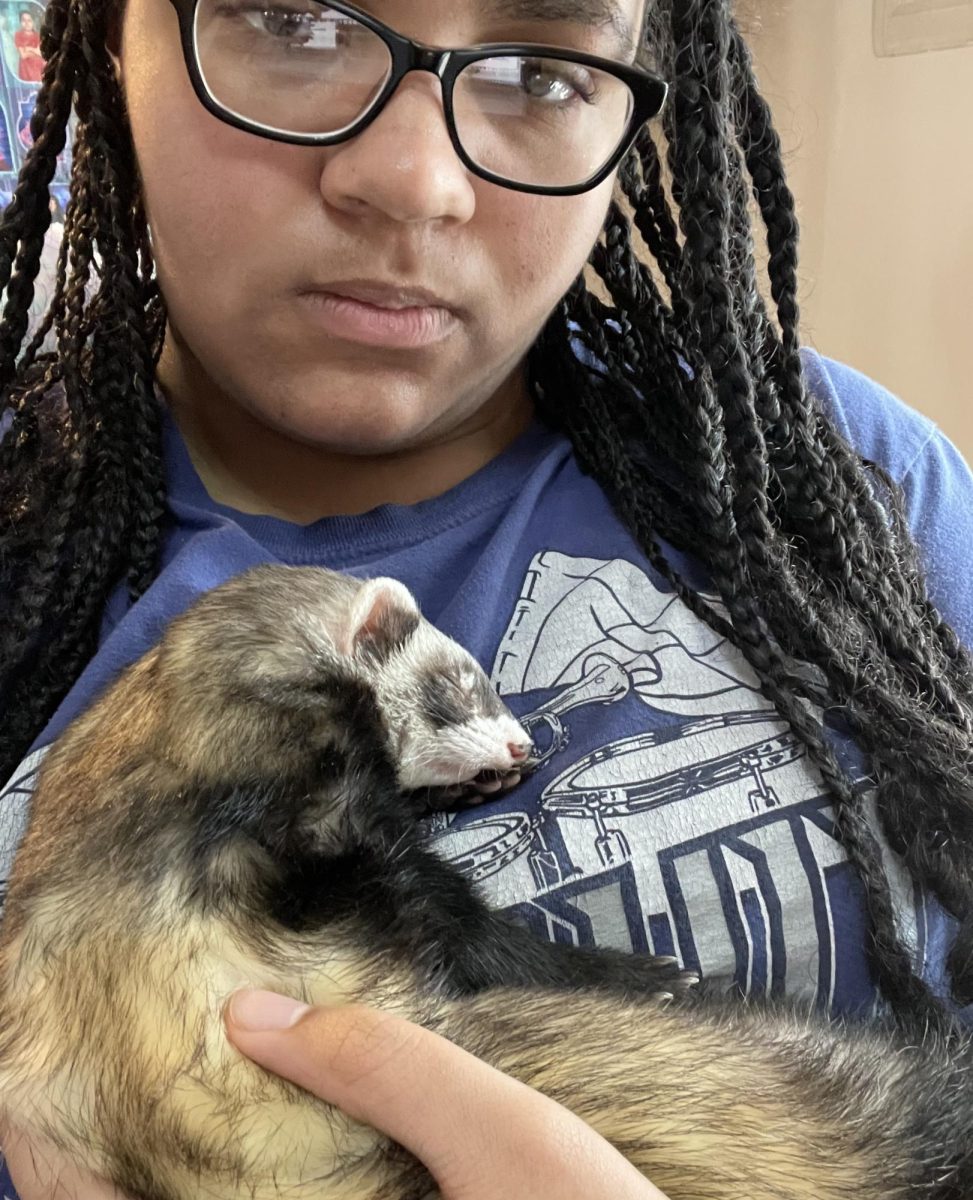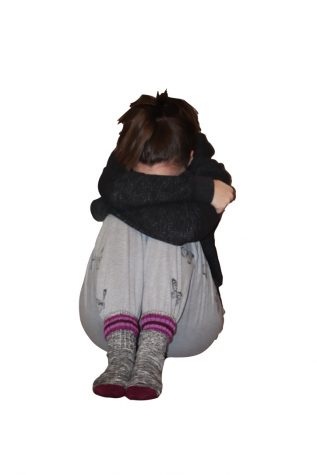Disentangling depression
Students detail their battles with depression and offer suggestions about how to overcome it
January 10, 2018
With 350 million people worldwide dealing with depression – including 16 million Americans – it has become a worldwide problem according to the World Health Organization.
Senior Anna Braman has struggled with depression throughout her life. Although she was first diagnosed in fifth grade, last year her depression hit its peak.
“I used to be really overweight for my height and I was made fun of and bullied for it all through middle school and grade school,” Braman said. “And then I lost it, and people were telling me that I was too skinny. It kind of hit last year when I couldn’t really make anybody happy with anything that was me. It made it to where I couldn’t make myself happy.”
Braman’s great-grandmother, who she considered one of her best friends, died in the fall of 2012. Two months later, shortly after Christmas, her great-grandfather passed away as well.
“This time of year is when I don’t really feel like myself because I have their pictures in my room,” Braman said. “I don’t always try to think about it, but it hits me even harder in this time-period because that’s when I have all my stuff going on for school, but then it just reminds me that I lost one of my best friends.”
Depression can become a very prevalent problem during the holiday season for some people, according to school community resource specialist Shelly Meinke.
“This time of year is hard depression-wise. Anywhere you go, there’s Christmas everything,” Meinke said. “You could be dealing with something difficult, or maybe you don’t have a great family or maybe you have financial difficulties; there are a lot of reasons why this time of year can be really hard. Then you throw in the fact that the we don’t have a lot of sunlight in the winter, which also impacts our emotions.”
For the theatre departments annual production of senior shorts, Braman decided to write and direct a short that brings attention to depression.
“Some of it is based off of true thoughts that I’ve had in my head,” Braman said. “I did think about self-harm. I thought about suicide. But this is more following the life of a girl – her name’s Mia – and everyone at school, on Facebook, her grade; they’ve all started to go downhill. There’s this part where you see her Facebook feed and it says, ‘No one wants you here on this earth, you’re not important…’ It’s a lot of self-doubt that she has expressed through this short.”
Junior Owen Garoutte, who also struggles with self-doubt as a result of his depression, was diagnosed at the beginning of eighth grade.
“I was missing a lot of school, so I was put on probation,” Garoutte said. “They sent me to a therapist beacuse I was obviously depressed about being on probation, and that therapist was like, ‘Woah, you’re depressed on a lot more things than just probation.’ And so, that kind of grew into me having depression. Everything else kind of made sense after that.”
Due to his depression, Garoutte often becomes easily unmotivated.
“I’m easily derailed, and I’m easily demotivated from many things,” Garoutte said. “If something gets really hard and I enjoy that thing, it’s easy to get depressed about it because I feel like it has more weight. It’s easy to fall.”
According to Meinke, environment is one of the many causes of depression, as Garoutte’s experiences proved.
“There are life events that can cause depression, something happening in your life, somebody passes away, you have to move – maybe change schools or you have a break-up,” Meinke said. “Seasonal Affective Disorder, a type of depression that occurs due to lack of sunlight and change in our environment is also something that can impact people this time of year.“
Not only can environment have an impact on someone’s mood, but so can a chemical imbalance in the brain.
“There are those that seemingly have absolutely no reason to be depressed,” Meinke said. “They come in and they say, ‘I’m fine. My grades are fine. My family is awesome. I have great friends. Activities are awesome. Everything is wonderful. Why do I feel like this?’ Sometimes it’s just a chemical thing. Just like a person with Diabetes who has insulin and sugar-regulation issues, those with depression are impacted by an imbalance in their brain chemistry. A medical evaluation is needed to consider if medication is something that’s warranted. Sometimes it is and sometimes it isn’t.”
There are different ways to disentangle depression, according to Meinke.
“It can seem silly that just talking about things and working through them with somebody that you don’t even know would make a difference, but it does,” Meinke said. “Talk-therapy can be a very big help.”
However, sometimes talk- therapy alone is not enough to hinder depression, according to Meinke.
“Other times, it takes a combination of talk-therapy as well as medication,” Meinke said. “It’s really up to the therapist and the patient to figure out what is best; if that is talk-therapy alone or if medications need to be a part as well. Often, people take medications to treat their depression and are eventually able to titrate off the medications once their situation improves. For others, longer term medication is essential to maintain stability.”
Garoutte’s friends help him cope with his depression.
“A lot of my friends have depression too,” Garroutte said. “It’s nice to have friends that can empathize with that.”
To help with her depression, Braman got the Italian word respirare, which means ‘breathe’ in English, tattooed to her wrist as a daily reminder to remain clam.
“It’s to help me calm down because somebody always has it worse, and somebody could always be in a worse situation than you are, and so you need to just breathe,” Braman said. “Take it step-by-step and remember who you are, what you need to accomplish and don’t worry about the little things.”





